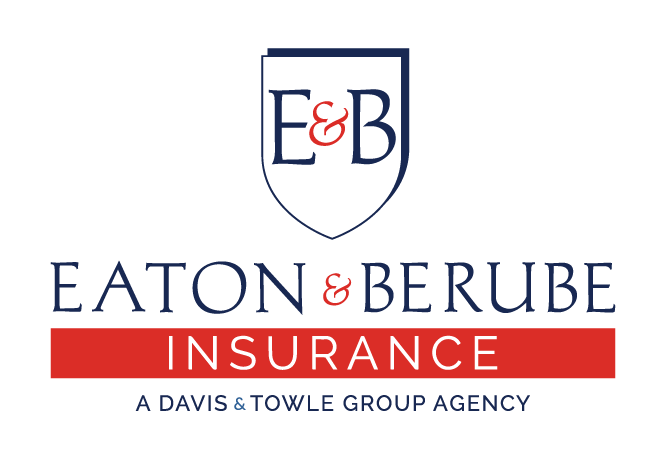Do I Need Rental Car Insurance if I Have My Own Auto Insurance?
This is one of the most commonly asked questions our agents receive, and the best time to make the decision about whether you will need extra rental car insurance is before you’re standing at the car rental counter. Let’s take a closer look at the types of coverage rental car insurance provides, and whether they are necessary for you to purchase.
 Collision Damage Waiver (CDW), or Loss Damage Waiver (LDW), relieves you of financial responsibility if your rental car is damaged or stolen. Although coverage varies from one insurance company to the next, if you have comprehensive and collision coverage under your own personal auto insurance policy, it typically extends to cover a rental car. Additionally, your credit card company may include some collision and theft protection if the rental car is paid for with your card. [br]
Collision Damage Waiver (CDW), or Loss Damage Waiver (LDW), relieves you of financial responsibility if your rental car is damaged or stolen. Although coverage varies from one insurance company to the next, if you have comprehensive and collision coverage under your own personal auto insurance policy, it typically extends to cover a rental car. Additionally, your credit card company may include some collision and theft protection if the rental car is paid for with your card. [br]
However, it’s important to note that many insurance companies do not provide loss of use coverage for rental cars, so if you return the rental car with damage, you may end up stuck paying for the rental car company’s lost income while the vehicle is out of service for repair. Some companies offer enhancements that include this type of coverage, and your credit card company may provide it if you use their card to rent the vehicle. To be certain you understand exactly what’s covered and what’s excluded, it’s best to call your insurance agent as well as your credit card company before departing on your trip. And to avoid having to worry about coverage gaps at all, your safest bet is to purchase the coverage your rental car company offers.
- Liability insurance provides excess liability coverage of up to $1 million for the time you rent a car. Rental companies are required by law to provide the minimum level of liability insurance required by your state. If you have adequate liability coverage on your own auto insurance policy, or under an umbrella policy on your home or auto, you may consider forgoing this additional insurance.
Additional Rental Car Insurance Considerations
- If you don’t have comprehensive and collision coverage on your own car insurance policy, you will not be covered if your rental car is stolen or if it is damaged in an accident. Collision coverage pays for damage to the car you’re driving if you crash into another car or object, or the car rolls over.
- Another important consideration is the type of vehicle your personal auto policy covers compared to the type of vehicle you plan to rent. For instance, if you drive an older vehicle, but plan to rent a luxury vehicle, your policy may not cover the complete cost of the replacement value of the vehicle you are renting.
- Finally, if you are renting a vehicle that is not classified as a passenger car (such as a moving truck, 15-passenger van, etc.), you must purchase a separate policy from the rental company to be covered in that vehicle.
I’m Renting a Vehicle Outside of the United States: Now Do I Need Rental Car Insurance?
Again, coverage varies from one insurance company to the next, but in general, your personal auto insurance policy will cover you in the United States and Canada, but not abroad. Car rental agencies overseas usually provide auto insurance, but in some countries, the required coverage is minimal. When renting a car overseas, consider purchasing insurance coverage that is at least equivalent to that which you carry at home.
In all cases, it’s always best to contact your insurance agent as you are planning your trip to discuss your specific situation and make the best possible coverage decisions. To learn more about rental car insurance coverage, call us today at 603-882-2766.
For additional insurance information, safety tips, and other useful resources, please subscribe to our blog or contact us.
Disclaimer: This document is provided for informational purposes only. The information provided herein is not intended to be exhaustive, nor should it be construed as advice regarding coverage. Eligibility for coverage is not guaranteed and limited to the terms and conditions contained in the applicable policy. © 2008, 2011, 2013, 2016 Zywave, Inc.
